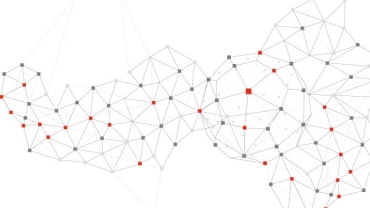
New version of the EU Guidance on Customs Valuation
05/10/20
Recently, the European Commission published a new, adjusted version of the Guidance on Customs Valuation, holding amongst others the removal of the “domestic sales” paragraphs. In addition, the new Guidance holds further explanation regarding the application of the transaction value method when sales in a customs warehouse can be used as well as new examples on potentially dutiable royalty payments to 3rd parties.

What can this possibly mean for your company?
Although the Guidance is not legally binding, in practice customs authorities may be inclined to follow the interpretation as provided in the document. Companies should therefore be aware that the interpretation of the application of the customs valuation principles may change when the customs authorities do adopt the principles as laid down in the Guidance. This may lead to higher customs values and thus more customs duties being levied when importing products into the EU.
If your company is importing products into the European Union, you are required to properly declare the customs value. It is therefore important to review whether the new guidelines may impact your imports.
Main facts
The changes look at which transaction should be used for the application of the transaction value. With respect to the abolishment of the “domestic sales’’ principle, the question is whether a sale between two EU parties may qualify as the sale occurring immediately before the goods enter the EU, which must then be the basis for the customs value. With regards to sales in a bonded warehouse, the revised interpretation determines that this should be the sale closest to the moment of entering the EU.
With regard to royalty payments, to a licensor not being the seller of the products, new examples on potential dutiability of these royalty payments are included.

How can we help?
We can help you assess the impact of the changes to your imports and where required assist in making changes to ensure that the customs value declared by your company complies with customs regulations and thus avoid incurring additional customs duties.
Related content


Navigating the new landscape of customs and international trade
New legislation in response to the global COVID-19 pandemic is making cross-border trade difficult and confusing. Navigating the maze of trade restrictions and...

Learning from the impacts of COVID-19 and leading the recovery
Tax, legal, financial and people points to consider for your organisation.
Contact us

Simeon L. Probst
Partner, Customs & International Trade, PwC Switzerland
Tel: +41 58 792 53 51


















